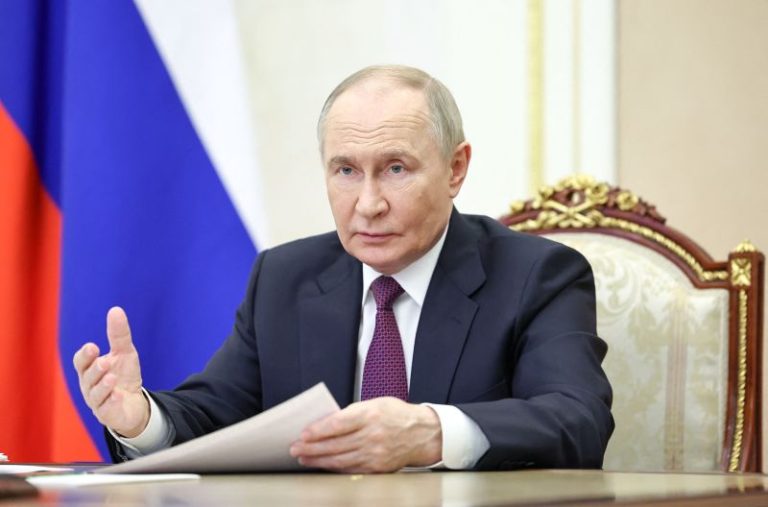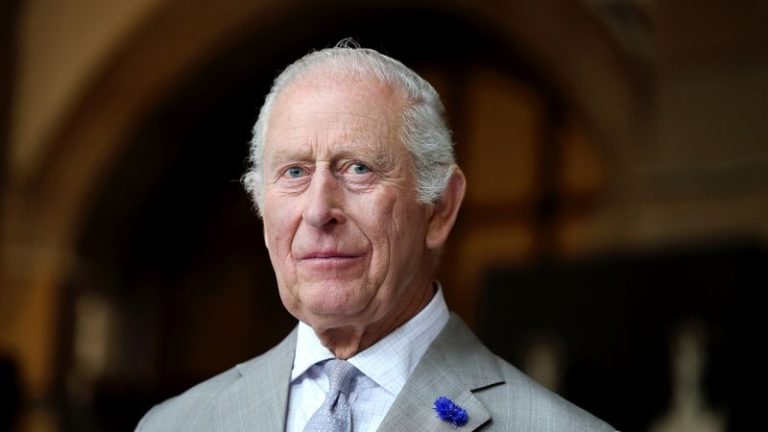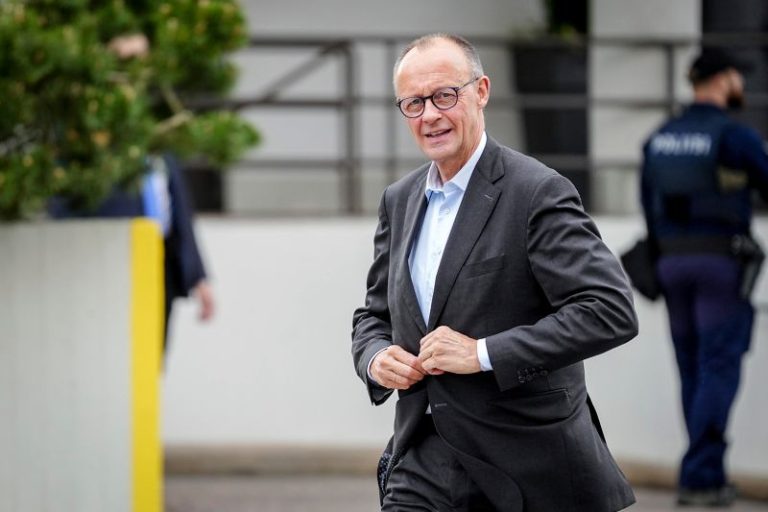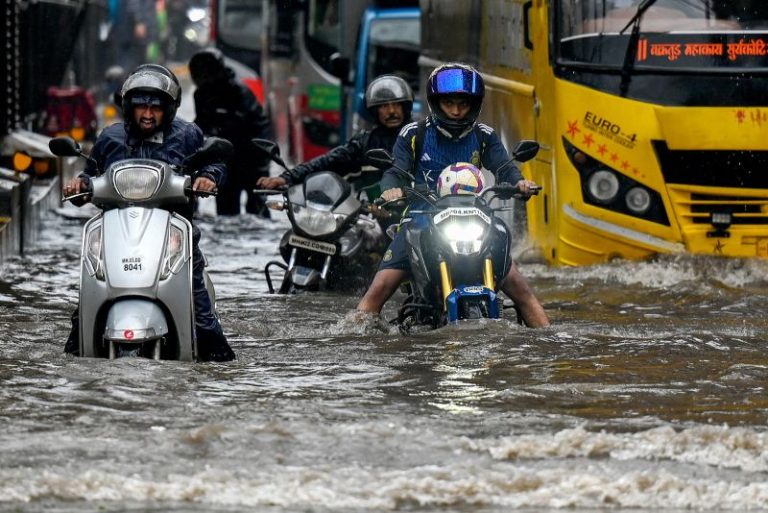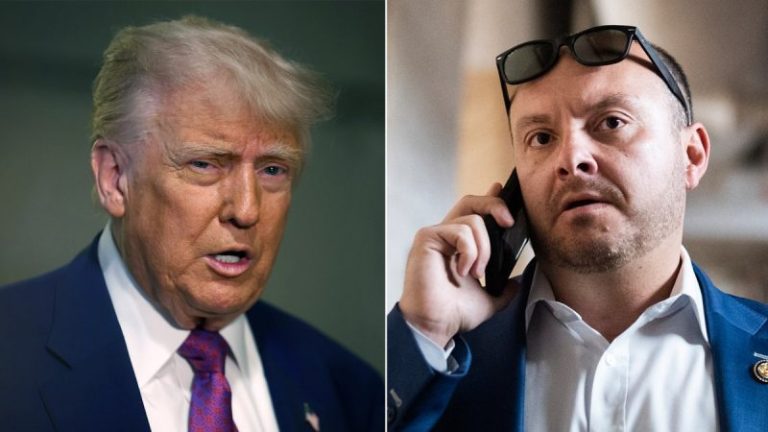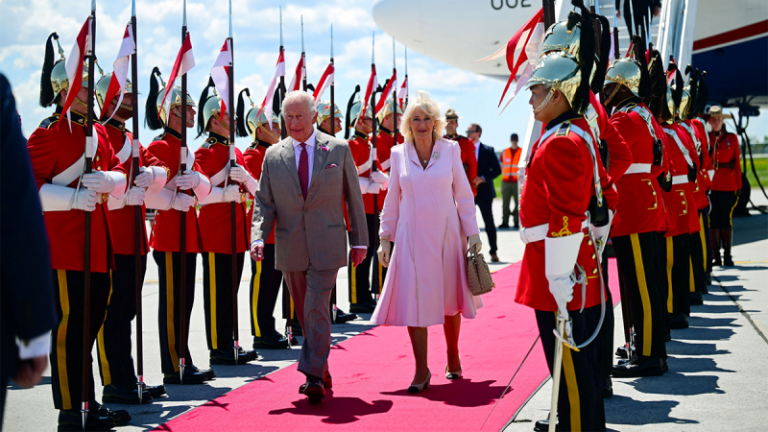Despite assurances from Trump administration officials that farmers will not be impacted by its attempts to reduce environmental chemical exposure from foods, agricultural leaders have been expressing concern that the move will explode costs for farmers and more than double the cost of food.
The administration’s Make America Healthy Again (MAHA) Commission, made up of many of President Donald Trump’s political appointees and closest policy advisors, released an assessment strategizing how they will tackle childhood chronic diseases, such as obesity and mental health challenges. Part of the report’s focus is on children’s chemical exposure from our foods, which the report says is linked to developmental issues and chronic diseases.
Amid the report’s release, farm groups have expressed concern over the MAHA agenda’s focus on pesticides. They have said that if the administration starts clamping down on widely used pesticides, crop yields would decline, input costs would surge and food costs would more than double.
‘Farmers are already facing a host of challenges—uncertainty about their access to critical crop protection products shouldn’t be added to the list,’ said Elizabeth Burns-Thompson, Executive Director of the Modern Ag Alliance. ‘Crop protection tools are not only safe, they are essential to food security, affordability, and the survival of family farms all across this country. Losing access to these critical inputs would be a devastating setback to American agriculture.’
Officials from the MAHA Commission sought to reassure farmers at an event releasing their assessment on childhood chronic diseases on Thursday. Agriculture Secretary Brooke Rollins said that ‘at the center’ of the MAHA agenda is ‘making American agriculture great again.’
‘We love our farmers, and we want to pay respect to our farmers. And we always will,’ President Trump added at the Thursday event from the White House. ‘We won the farmers by a lot in the election, and every election, all three elections – and we won by a lot. I will never forget that. And they are foremost in our thought.’
But some farmers are still expressing concern.
‘The Make America Healthy Again Report is filled with fear-based rather than science-based information about pesticides. We are deeply troubled that claims of this magnitude are being made without any scientific basis or regard for a long history of EPA expert evaluations of these products,’ the National Corn Grower’s Alliance (NCGA) said. ‘We call on the administration to respect the existing body of science on pesticides and, moving forward, to include America’s farmers in discussion as this process evolves.’
According to a statement put out by the Modern Ag Alliance, pesticides are ‘rigorously tested’ by the federal government, noting that in the case of glyphosate – mentioned multiple times in the MAHA report – it is one of the most thoroughly studied pesticides of its kind.
They said that if the MAHA report drives future policy decisions it would hurt farmers and more than double the cost of food.
‘Without glyphosate—the most widely used weed-fighting tool by U.S. farmers—crop yields would decline, input costs would surge by 150%, and food inflation would more than double,’ the group said. ‘When Sri Lanka prohibited the use of synthetic pesticides and fertilizers in 2021, crop yields fell by over 50%, forcing the government to import massive amounts of food just to meet basic needs. We should be focused on moving American agriculture—and the country—forward.’
Health Secretary Robert F. Kennedy Jr., who has been a vocal opponent against the dangerous health impacts of under-regulated pesticides even before he was the MAHA Commission’s leader, said last week in a Senate hearing that ‘we cannot take any step that will put a single farmer in this country out of business.’
‘There’s a million farmers who rely on glyphosate,’ he said. ‘100% of corn in this country relies on glyphosate. We are not going to do anything to jeopardize that business model.’
The MAHA report reiterates the economic importance of protecting farmers, but it also lists glyphosate in an infographic of ‘Chemical Classes and Common Exposure Pathways’ and says research studies have shown it can cause a range of health effects. It also lists atrazine and other chemicals as dangerous to childhood health.
MAHA Commission officials have said that part of the administration’s focus will be a return to the gold standard of science, but the NCGA said the focus on certain widely-used pesticides, such as atrazine and glyphosate, goes against ‘decades of extensive research and testing.’
‘If the administration’s goal is to bring more efficiency to government, then why is the secretary of Health and Human Services duplicating efforts by raising questions about pesticides that have been answered repeatedly through research and reviews by federal regulatory bodies?’ the group questioned.
Jennifer Galardi, a senior policy analyst focused on health and wellness issues at the Heritage Foundation, took a more balanced view of the MAHA commission’s strategy towards pesticides like glyphosate, noting that it appeared to thread the needle between supporting farmers and trying to ensure America’s food supply is safe and free of chemicals that could impact child health.
‘The MAHA Commission Report seems to carefully examine competing issues in a very complex agricultural debate: the potential that crop protection tools as they’re referred to in the report may cause adverse health outcomes and the desire to protect the economic interests of farmers and the country,’ Galardi said. ‘However, everyone should agree that the companies that manufacture products such as glyphosate and GMO’s shouldn’t have undue influence over the research upon which sound policy is based. The American public should demand transparency around these decisions.’
Galardi posited that, due to the tension around the issue of pesticides, the MAHA Commission may decide to go after ‘low-hanging fruit,’ such as improving children’s diets and lack of physical activity, which, she said, are big drivers of obesity and metabolic dysfunction.
In response to this article, a USDA spokesperson sent the following statement from Secretary Rollins:
‘We must do more to improve the health outcomes of our kids and families, and President Trump knows agriculture is at the heart of the solution. America’s farmers and ranchers dedicate their lives to the noble cause of feeding their country and the world, and in doing so have created the safest and most abundant and affordable food supply in the world. We are working to make sure our kids and families are consuming the healthiest food we produce. I look forward to continuing to work with Secretary Kennedy and other members of the MAHA Commission to improve our nation’s health.’
White House spokesman Kush Desai, in a separate statement, echoed Rollins’ sentiment about the importance of agriculture and farmers when it comes to executing the MAHA mission. He also reiterated that the MAHA movement is grounded in ‘Gold Standard of Science.’
‘The guiding principle of President Trump’s movement to Make America Healthy Again is the Gold Standard of Science, and everyone from America’s farmers to everyday parents are critical for the success of this movement,’ Desai said. ‘The MAHA Commission’s report is a historic step by our government to, for the first time, comprehensively review the latest evidence and research of what we know – and what we don’t know – is driving the health crisis afflicting America’s children.’
This post appeared first on FOX NEWS

